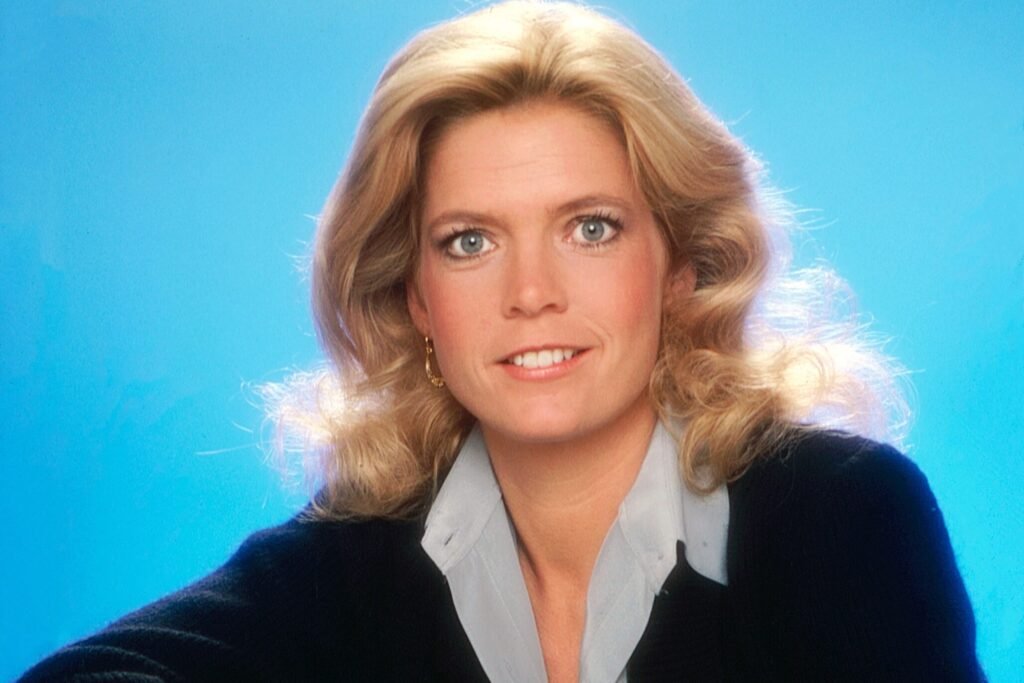Remember those evenings spent in front of the television, watching as fictional moms somehow managed to juggle careers, family drama, and still have perfect hair? The 1980s gave us some of the most iconic maternal figures in TV history—women who made us laugh, cry, and occasionally cringe as they navigated the choppy waters of parenthood. These small-screen mothers weren’t just characters; they were reflections of our own moms, aunts, and neighbors who were figuring out motherhood during a decade of big hair, shoulder pads, and changing family dynamics.
1. Clair Huxtable (The Cosby Show)
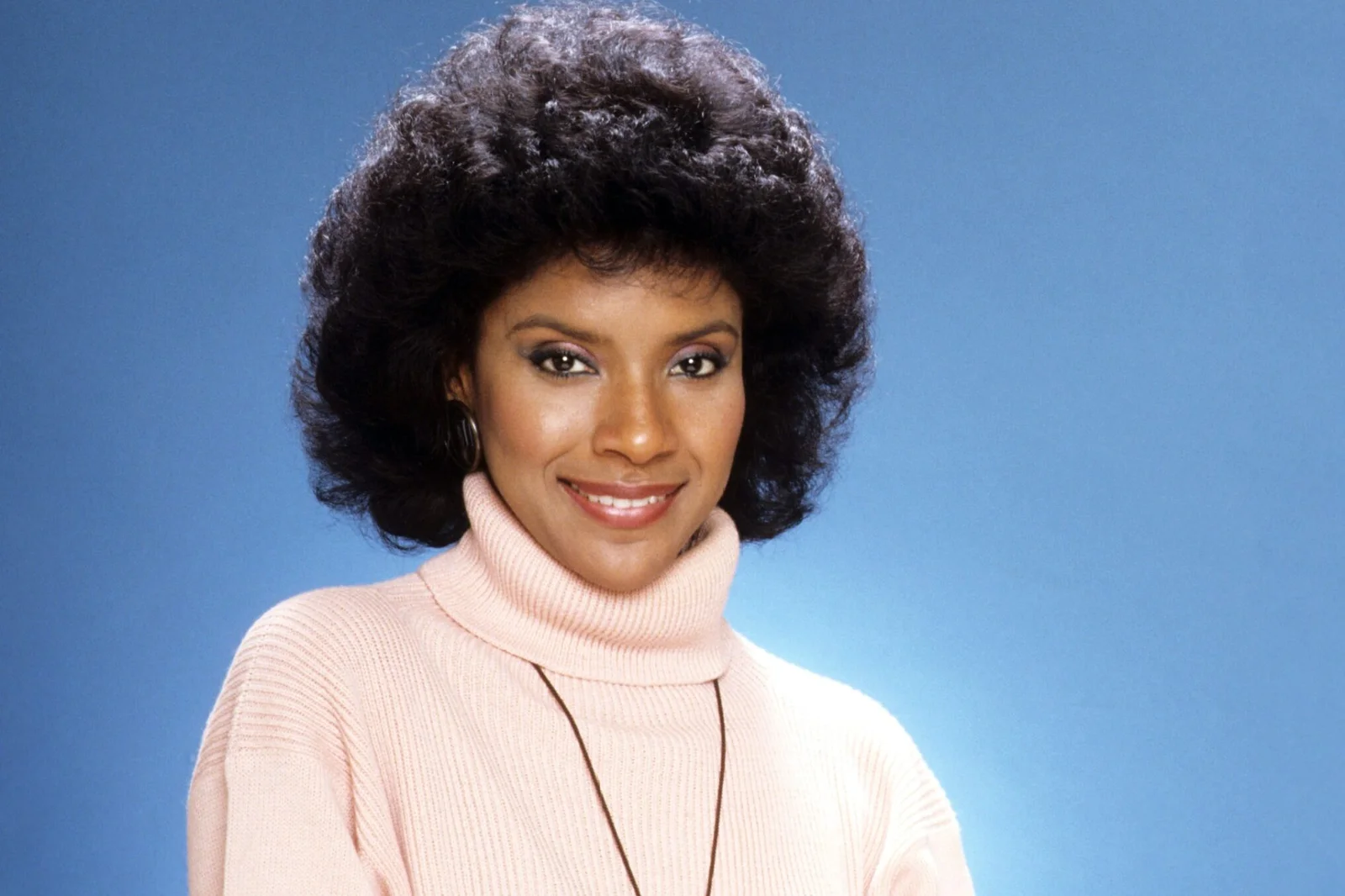
Played masterfully by Phylicia Rashad, Clair Huxtable redefined what it meant to be a working mother in the 1980s as a successful attorney who didn’t sacrifice her career for family. She balanced five children, a thriving law practice, and a marriage with grace and wisdom that made her the gold standard of TV motherhood. Her ability to deliver razor-sharp comebacks while maintaining her composure made her both aspirational and relatable to mothers everywhere. To this day, Slate celebrates Clair Huxtable as an empowering feminist icon.
Who among us didn’t wish our own mothers could articulate life lessons with Clair’s eloquence, or handle teenage rebellion with her perfect blend of love and firmness? Her famous “talks” with her children taught us about respect, responsibility, and the importance of education without ever feeling preachy. Clair showed us that mothers could be authoritative without being authoritarian, passionate about their careers without neglecting their families, and feminine without being defined solely by their role as wives and mothers.
2. Elyse Keaton (Family Ties)
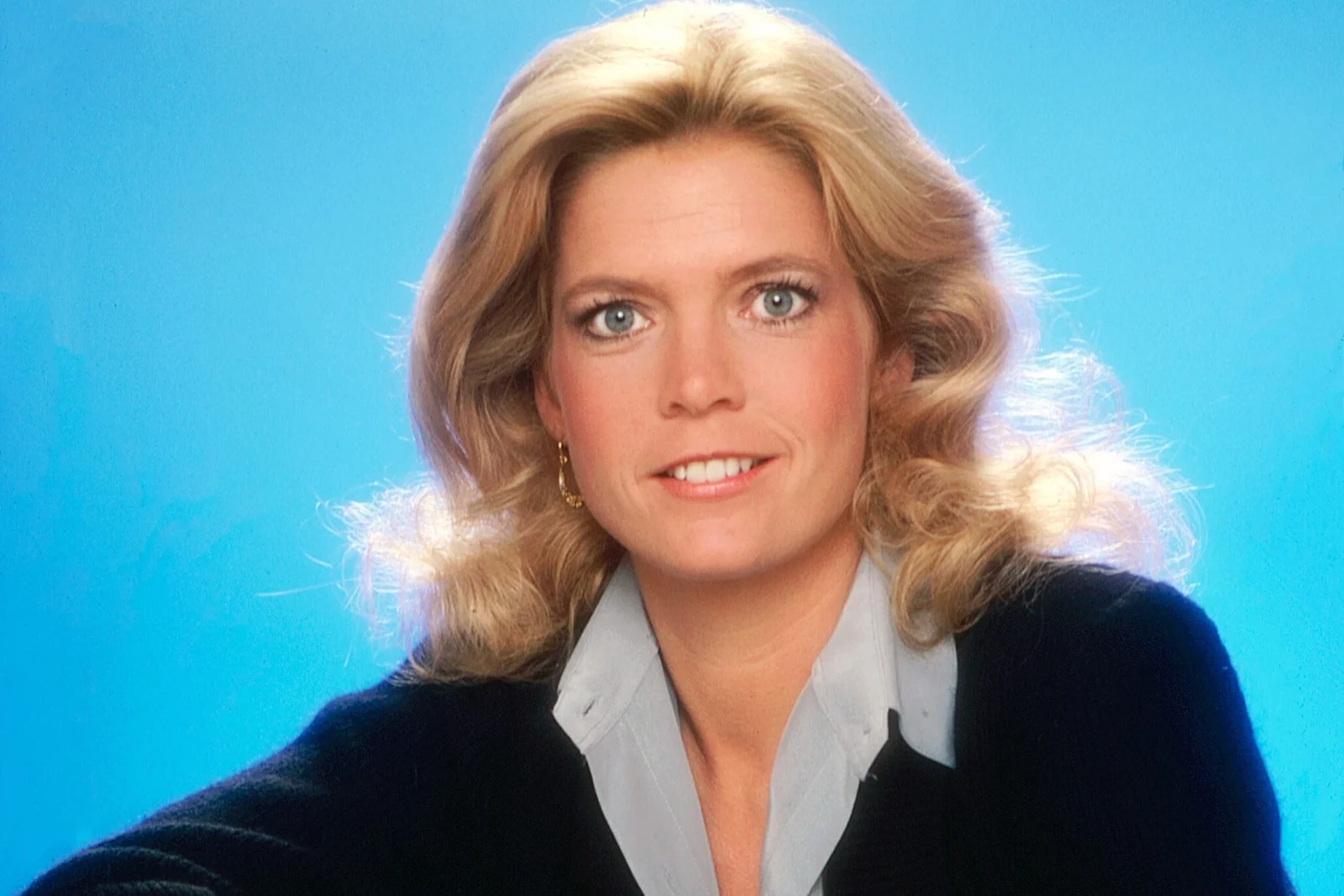
Meredith Baxter-Birney portrayed Elyse Keaton, the former hippie turned architect who raised a Republican son (Michael J. Fox’s Alex P. Keaton) and somehow maintained her liberal ideals. Her patience was tested daily by her politically opposite son, yet she never wavered in her unconditional love or progressive values. Elyse’s struggle to understand a child whose worldview differed drastically from her own resonated with parents navigating the changing cultural landscape of the Reagan era. Parade takes a trip down memory lane to trace what happened to Meredith and the rest of this iconic cast.
What made Elyse so relatable was her willingness to admit when she didn’t have all the answers, especially in episodes that tackled serious issues like nuclear disarmament or economic inequality. She balanced her career ambitions with family responsibilities long before “work-life balance” became a buzzword, often drafting architectural plans at the kitchen table while dispensing advice to her children. Elyse taught us that motherhood didn’t mean abandoning your principles or passions, but rather finding ways to integrate them into family life.
3. Maggie Seaver (Growing Pains)
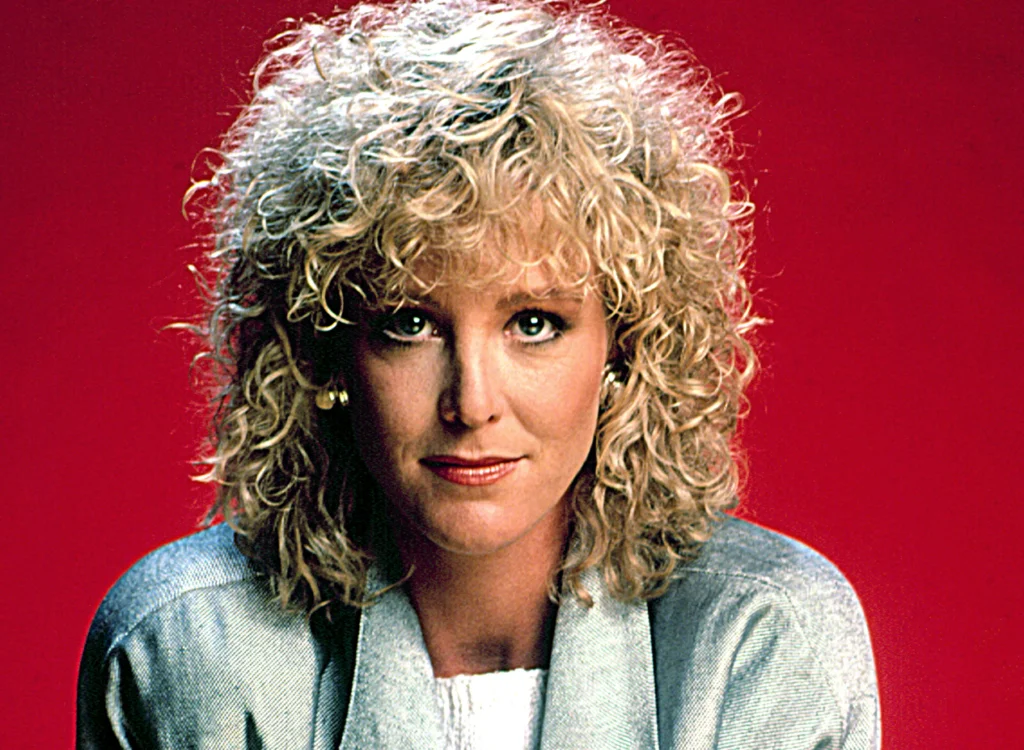
Joanna Kerns brought warmth and wit to the role of Maggie Seaver, a journalist who returned to work after years as a stay-at-home mom, creating ripples in her family’s established dynamic. Her transition back to the workforce reflected the reality of many women in the ’80s who were redefining themselves beyond the traditional maternal role. Maggie’s struggles with guilt over missed family moments while pursuing her career aspirations mirrored the internal conflicts many working mothers experienced. People turns back the clock to trace the careers of the cast after the show ended. Closer Weekly dives deep into the lives of the cast outside this groundbreaking series.
What made viewers connect with Maggie was her imperfection—she lost her temper, made mistakes, and occasionally put her foot in her mouth just like real moms do. Her relationship with teenage son Mike (Kirk Cameron) showcased the special blend of exasperation and adoration that defines parenting adolescents. Maggie reminded us that motherhood isn’t about perfection but about showing up consistently, loving fiercely, and apologizing when necessary.
4. Angela Bower (Who’s the Boss?)
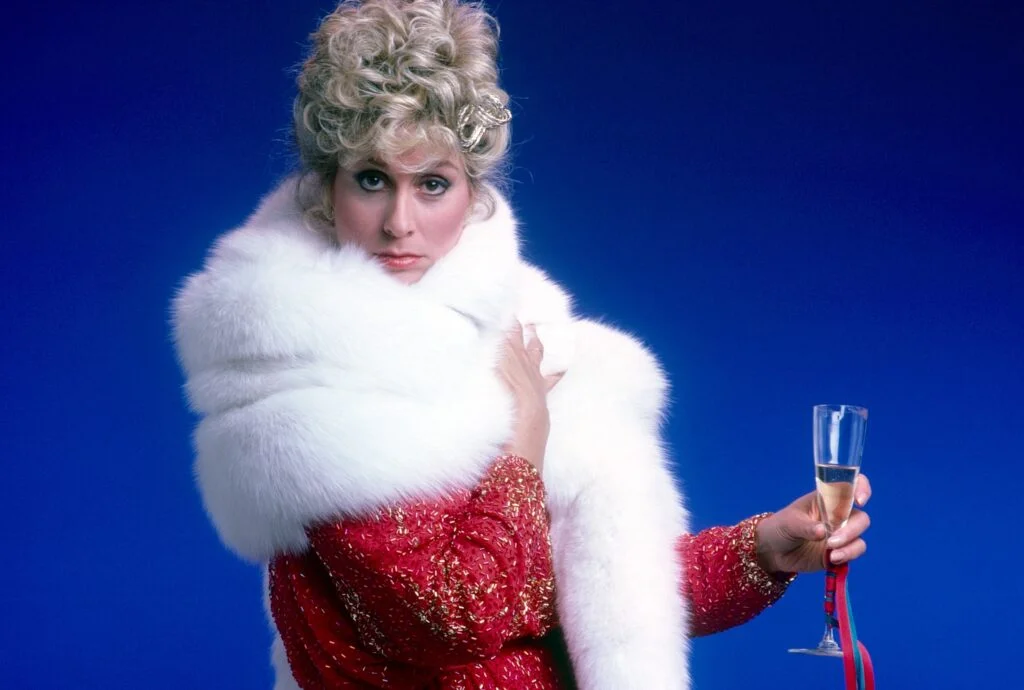
Judith Light portrayed Angela Bower, the high-powered advertising executive who hired a male housekeeper (Tony Danza) and consistently challenged gender norms of the era. As a divorced mother trying to excel in a male-dominated industry, Angela embodied the stress and occasional chaos of single motherhood in the corporate world. Her perfectionism and workaholic tendencies sometimes interfered with her parenting, creating relatable moments of guilt and reconciliation. For those wanting to catch up with this TV family, People has a rundown of what happened to the cast after the series.
Angela’s journey involved learning to prioritize her relationship with her son Jonathan while maintaining her professional edge—a balancing act that many career-focused mothers recognized. Her evolution throughout the series demonstrated that becoming a good parent is an ongoing process rather than an innate skill. Angela taught viewers that it’s okay to need help, to delegate household responsibilities, and to create non-traditional family structures that work for your specific circumstances.
5. Sophia Petrillo (The Golden Girls)
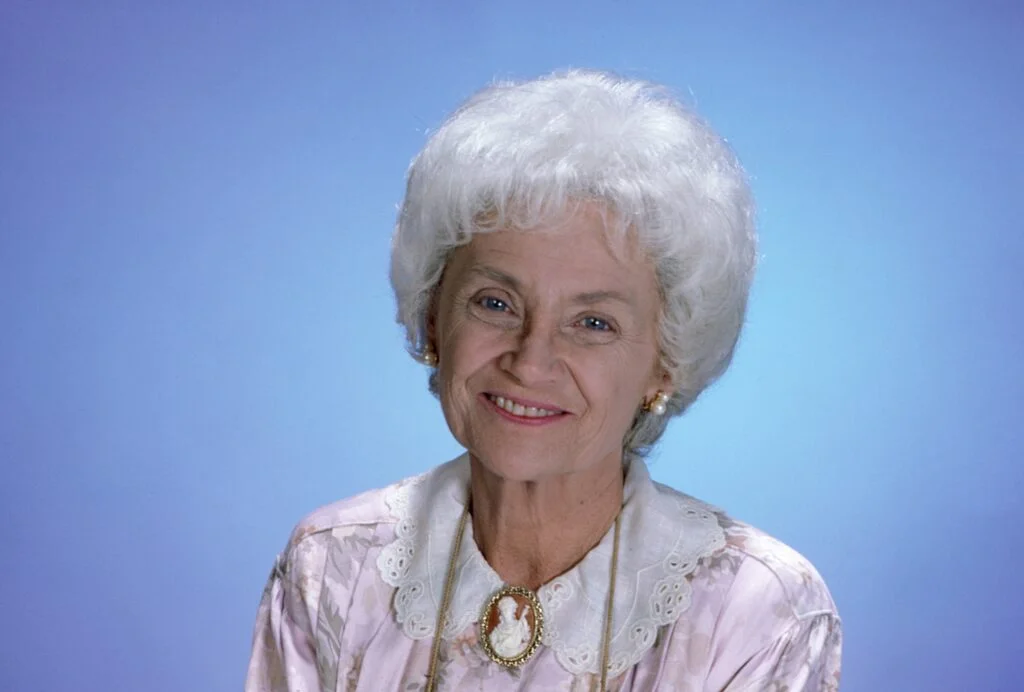
Though technically a grandmother, Estelle Getty’s Sophia Petrillo earns her place on this list as a mother whose blunt parenting style continued well into her daughter Dorothy’s adulthood. Beginning every scathing observation with “Picture it: Sicily, 1922,” Sophia delivered life lessons wrapped in acerbic wit and old-world wisdom. Her unfiltered commentary represented the voice of an entire generation of immigrant mothers who expressed love through food, criticism, and brutally honest advice.
Sophia’s relationship with Dorothy showed that motherhood doesn’t end when children grow up—it simply evolves into a different kind of bond. Her occasional vulnerability, especially when recalling her late husband Sal or reflecting on her own mortality, reminded viewers that mothers are human beings with their own histories and heartaches. Sophia proved that maternal figures can be simultaneously loving and tough, nurturing and critical, and that these contradictions often make the most memorable mothers.
6. Harriette Winslow (Family Matters)
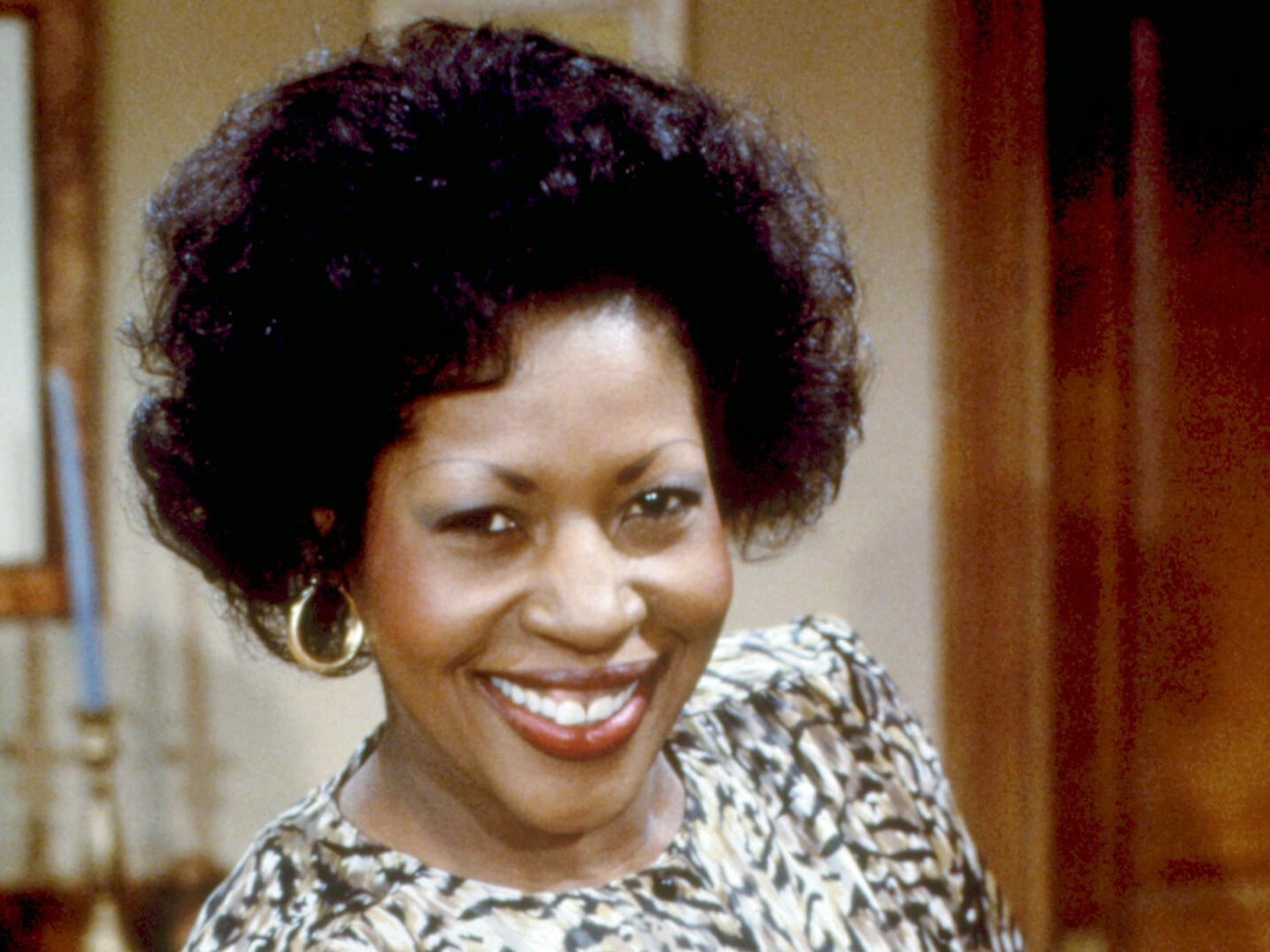
Jo Marie Payton brought to life Harriette Winslow, the no-nonsense elevator operator (and later security guard) who managed her household with equal parts tough love and compassion. As a working-class mother trying to make ends meet while raising three children, Harriette represented the economic realities many families faced during the late ’80s. Her pragmatic approach to parenting—emphasizing responsibility, respect, and resilience—resonated with viewers who appreciated her grounded perspective.
Harriette’s strength was most evident in how she handled neighbor Steve Urkel’s constant intrusions with remarkable patience and how she supported her husband Carl through career difficulties. Her relationship with her daughter Laura showcased a mother trying to guide a teenager through social pressures while respecting her growing independence. Harriette taught viewers that motherhood sometimes requires putting your foot down, standing up for your children, and finding humor in the chaos of family life.
7. Norma Arnold (The Wonder Years)
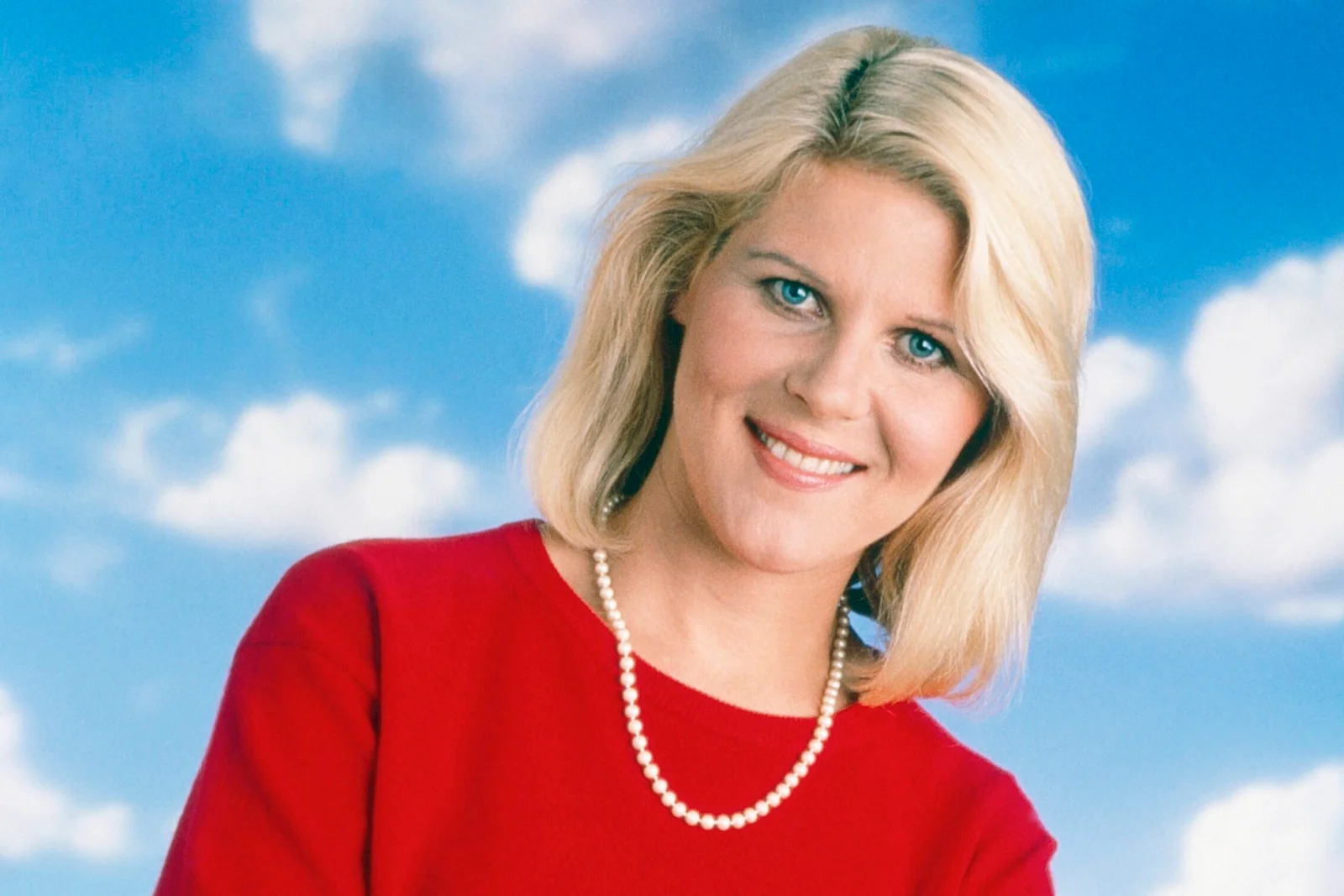
Alley Mills portrayed Norma Arnold, the quintessential middle-class suburban mom navigating the changing social landscape of the late ’60s and early ’70s (though the show aired in the late ’80s). Her character embodied the transitional generation of women who were raised with traditional expectations but lived through the feminist movement. Norma’s quiet strength as she maintained family stability amid cultural upheaval made her deeply relatable to mothers who had lived through similar eras.
What made Norma special was her gentle evolution throughout the series as she found her voice and pursued her own interests beyond homemaking. Her patience with her sometimes-difficult husband Jack and her mediating role between feuding siblings showed the emotional labor mothers often perform invisibly. Norma’s character reminded viewers that behind many childhood memories of warmth and security stood a mother who created that environment through constant, often unacknowledged work.
8. Lucy Ewing (Dallas)
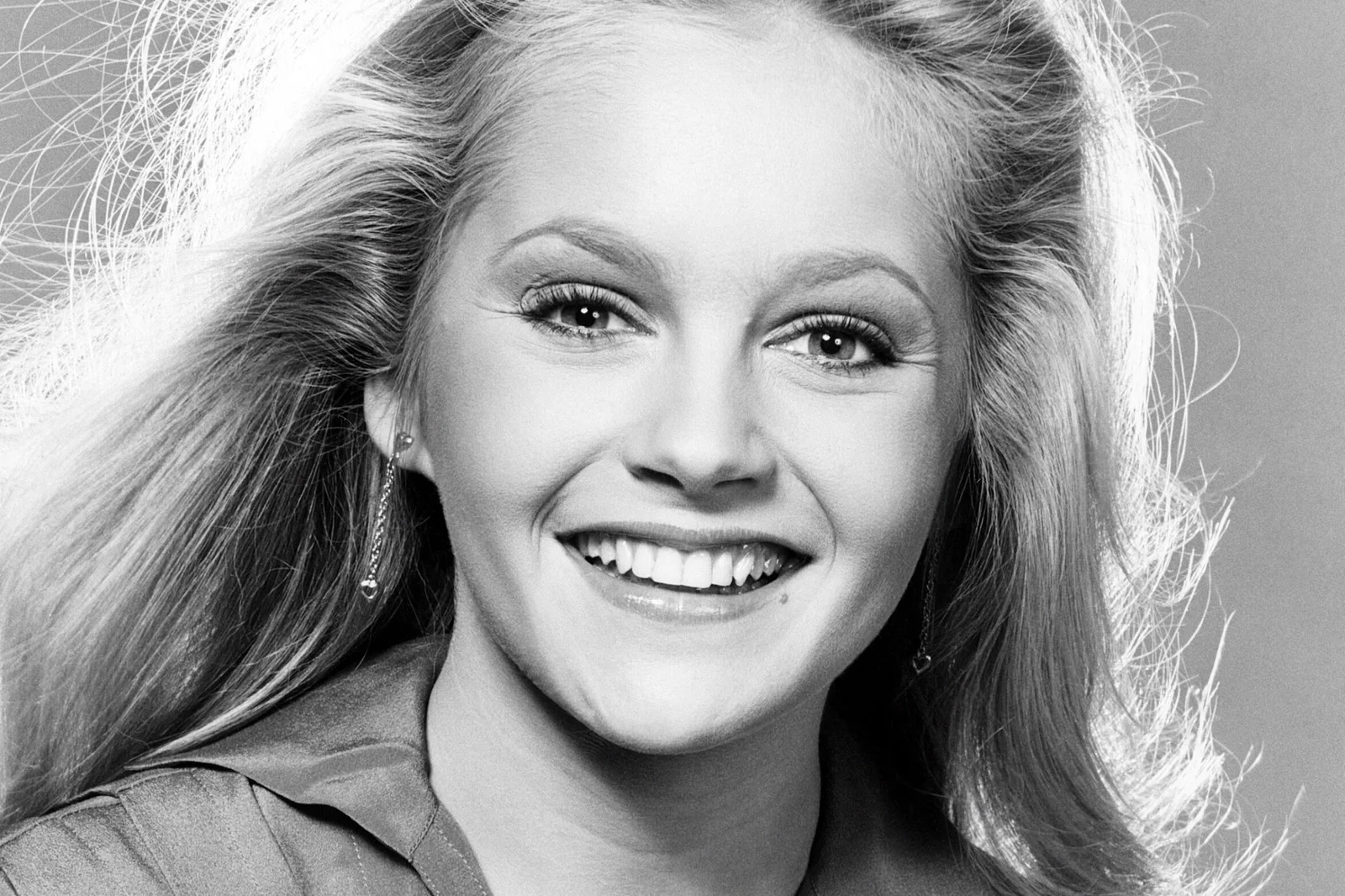
Though not the most conventional maternal figure, Lucy Ewing (played by Charlene Tilton) represented the young, somewhat reluctant mother thrown into parenthood before fully developing her own identity. Her struggles with maturity and responsibility reflected the challenges faced by younger mothers navigating parenthood without adequate preparation or support. Lucy’s character arc showed growth from self-centered teenager to someone trying to make responsible decisions for her child’s future.
What made Lucy’s motherhood journey relatable was its messiness—the mistakes, the learning curve, and the occasional backsliding into old patterns. Her attempts to balance motherhood with her personal ambitions captured the essence of many young women’s experiences during this era. Lucy taught viewers that motherhood doesn’t automatically transform someone into a perfect parent, but rather begins a process of growth and prioritization that evolves over time.
9. Vivian Banks (The Fresh Prince of Bel-Air)
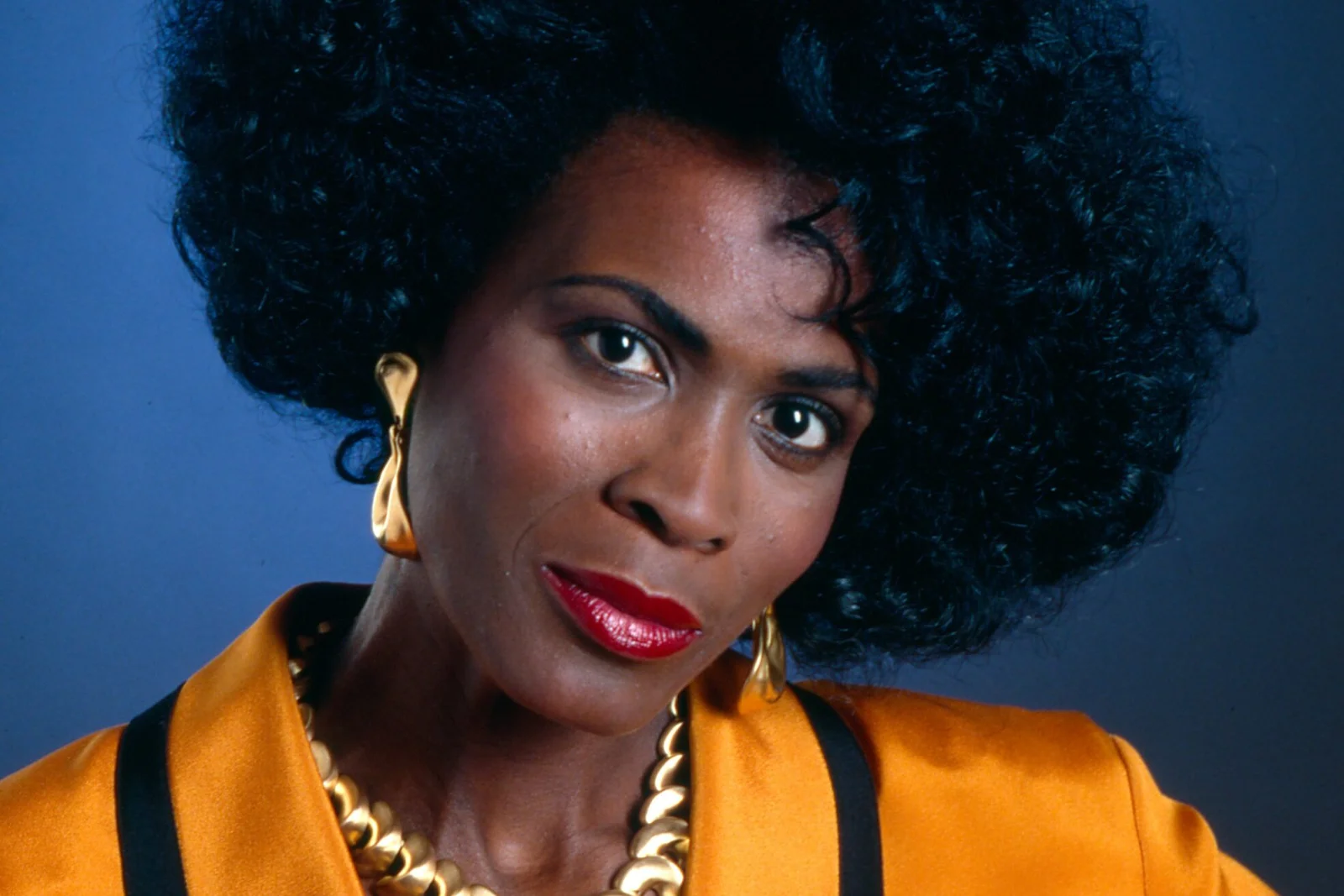
Janet Hubert-Whitten (and later Daphne Maxwell Reid) portrayed Aunt Viv, a professor and mother who maintained high expectations for her children while showing tremendous compassion. Though the show bridged the ’80s and ’90s, Vivian exemplified the educated, accomplished African American mother rarely represented on television in previous decades. Her insistence on educational excellence and cultural awareness reflected the values many mothers tried to instill in their children during times of racial inequality.
Vivian’s relationship with nephew Will showcased her ability to be strict yet understanding, pushing him toward his potential while acknowledging his background and individual personality. Her willingness to dance, laugh, and occasionally bend the rules demonstrated that motherhood could include fun alongside discipline. Vivian showed viewers that mothers could be intellectual, passionate about social justice, and still deeply connected to their children’s everyday lives.
10. Ruth Fisher (227)
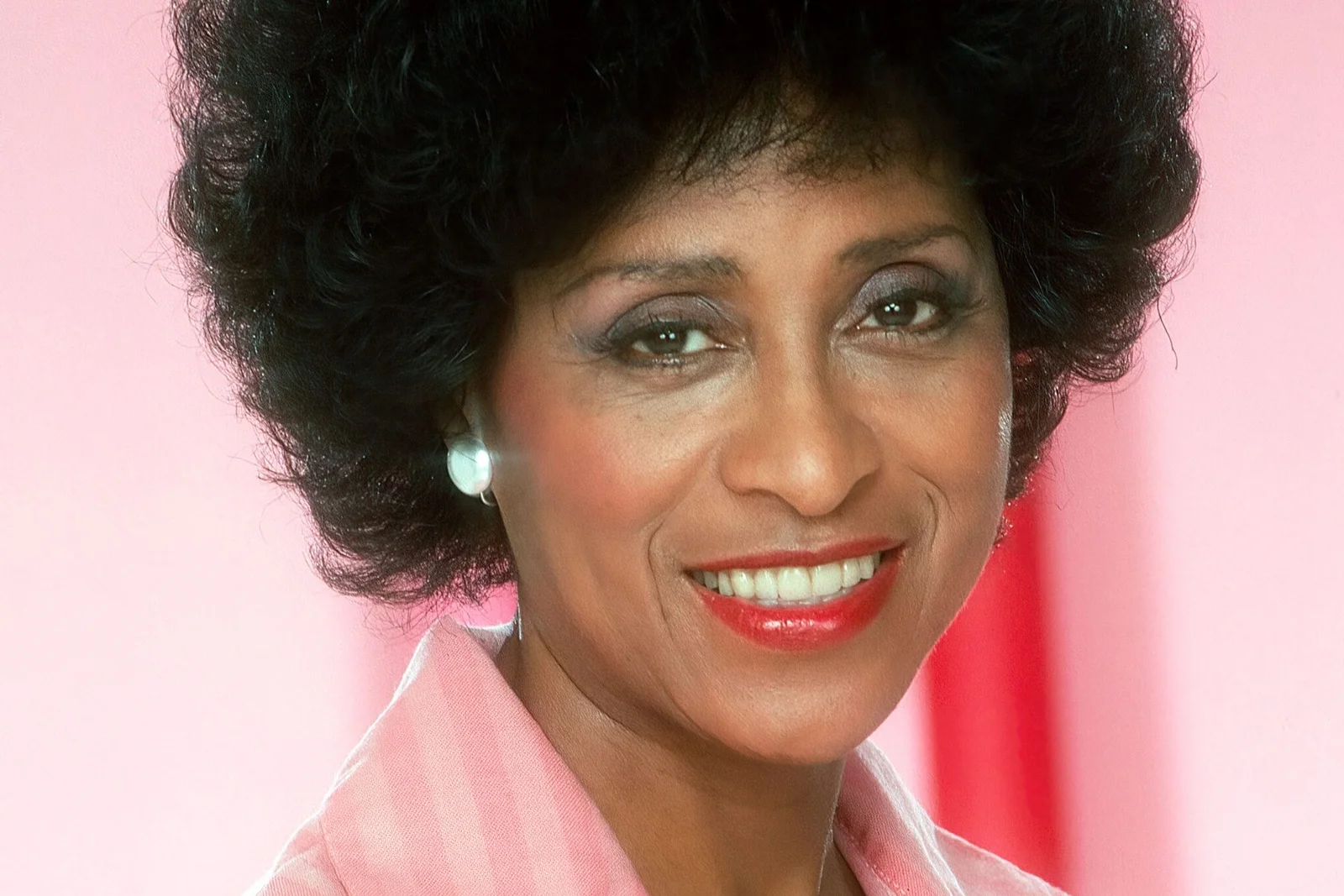
Marla Gibbs brought Ruth Fisher to life as the sometimes sassy, always loving mother who managed apartment building duties while raising her daughter. Her practical approach to motherhood—focused on values like honesty, hard work, and community—resonated with working-class mothers who couldn’t afford the luxuries seen in other ’80s sitcoms. Ruth’s character showed that effective mothering didn’t require wealth or privilege but rather consistency and presence.
Ruth’s friendship with neighbor Mary Jenkins exemplified how mothers often create support networks to share the burdens and joys of parenthood. Her occasional scheming and matchmaking revealed a playful side that made her more than just a disciplinarian or caretaker. Ruth taught viewers that motherhood could include friendship, humor, and personal interests beyond child-rearing while still providing the stability children need.
11. Katherine Howser (Doogie Howser, M.D.)
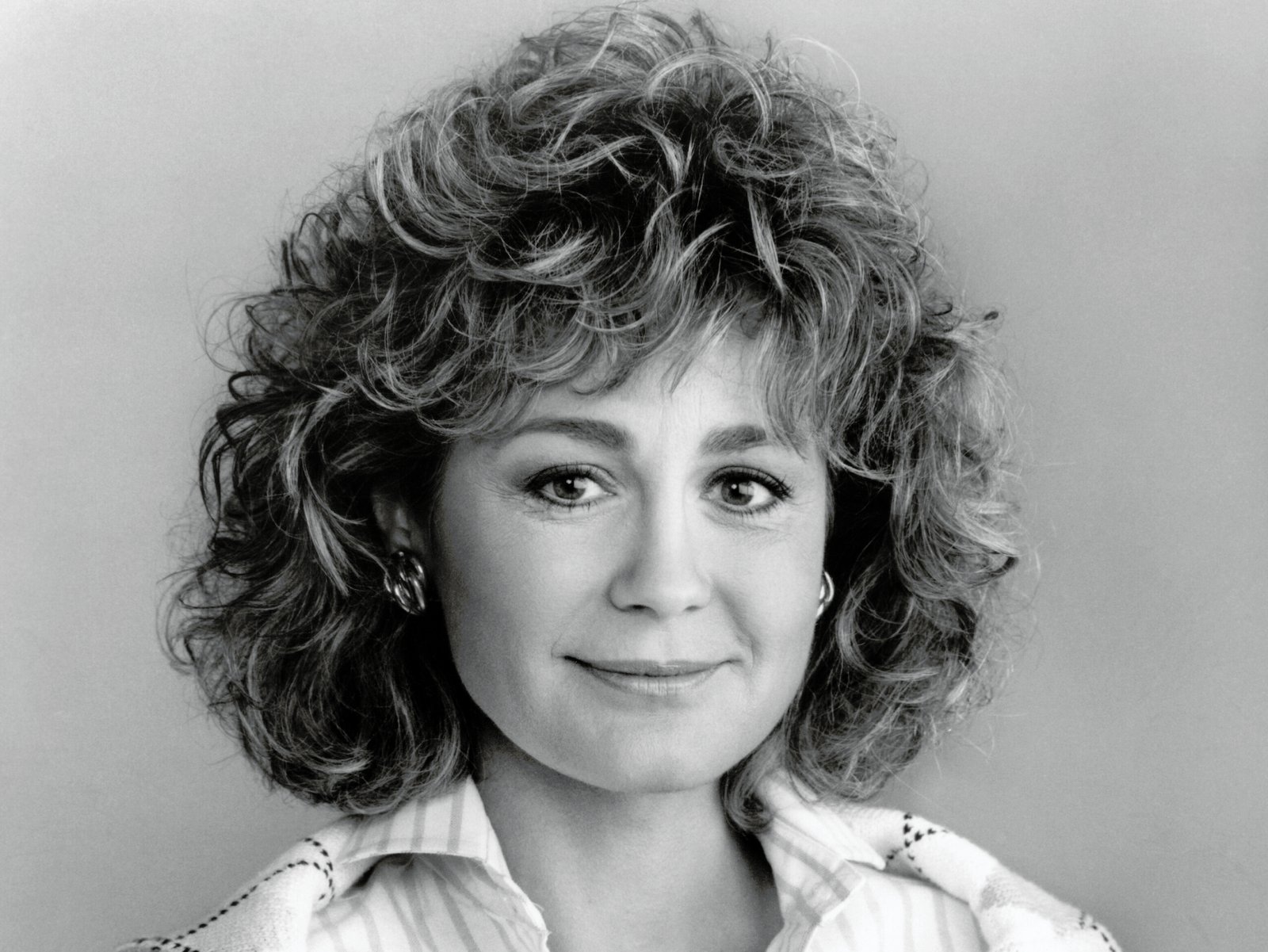
Belinda Montgomery played Katherine Howser, mother to teenage medical prodigy Doogie, facing the unique challenge of parenting a child genius. Her struggle to provide normal teenage experiences for her extraordinarily gifted son while supporting his medical career reflected the dilemmas of mothers with exceptional children. Katherine’s blend of pride in her son’s accomplishments and concern for his social development resonated with parents trying to help their children navigate unique challenges.
What made Katherine relatable was her insistence on maintaining authority even when her son’s intellectual capabilities surpassed her own in certain areas. Her character demonstrated that emotional wisdom and life experience are valuable parental contributions even when children excel academically or professionally. Katherine showed viewers that motherhood sometimes means advocating for your child’s needs while still enforcing boundaries and prioritizing their overall well-being rather than just their achievements.
12. Peg Bundy (Married… with Children)
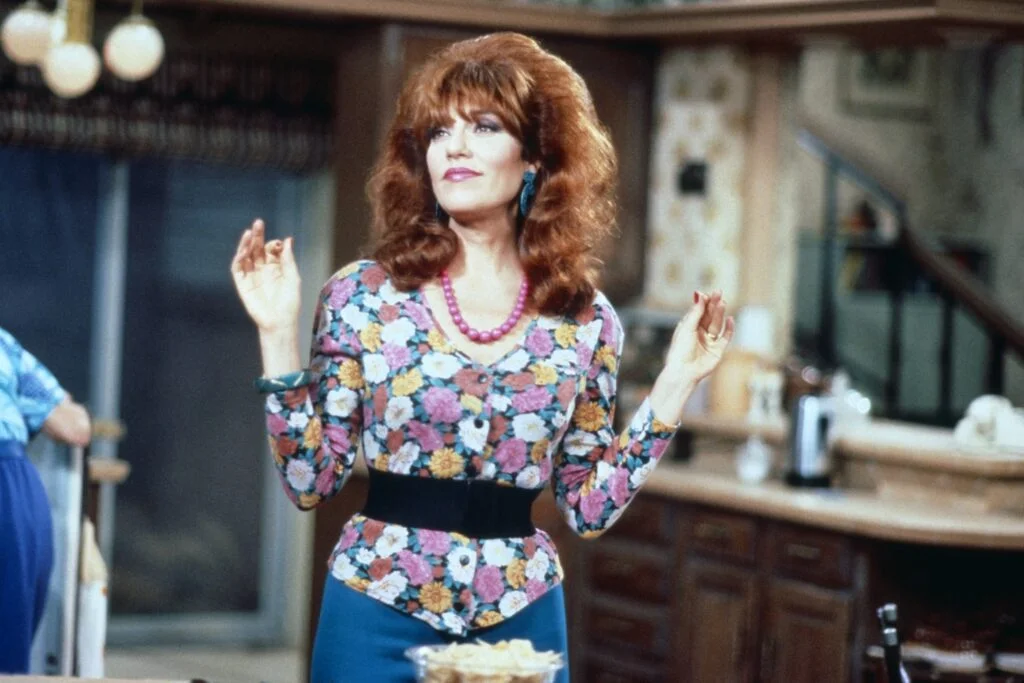
Katey Sagal’s portrayal of Peg Bundy offered a satirical take on motherhood that, beneath its outrageous exterior, contained kernels of truth about maternal burnout. While her character was deliberately exaggerated for comedic effect, her disinterest in cooking, cleaning, and other traditional maternal duties resonated with mothers who occasionally fantasized about shirking overwhelming responsibilities. Peg’s character gave voice to the rarely acknowledged darker thoughts of overwhelmed mothers everywhere.
Despite her flaws, Peg consistently defended her children against outsiders and showed moments of genuine affection beneath her self-centered facade. Her relationship with daughter Kelly demonstrated understanding of her children’s personalities and acceptance of their limitations. Peg’s character reminded viewers that mothers aren’t saints but human beings with their own desires, frustrations, and occasional need to escape the constant demands of caretaking.
As we look back on these television mothers who kept their fictional families functioning through weekly crises and comedic situations, we’re really celebrating the real women who inspired these characters. Our own mothers navigated the challenging waters of the 1980s—balancing traditional expectations with emerging opportunities, managing households with or without partners, and raising children during times of significant cultural change. Perhaps that’s why these characters continue to resonate decades later; they remind us of the women who shaped us, imperfections and all, with a love that no 30-minute sitcom could fully capture.

